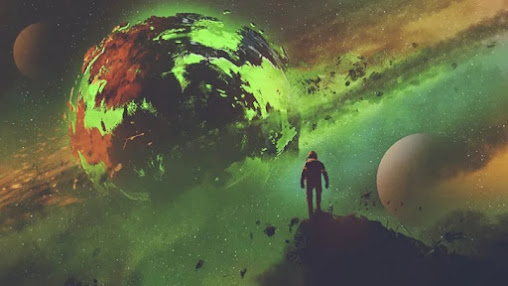Writing a Spy Thriller

1. Think of an incredible idea. There are a great deal of spy books out there, so you need to think of a story that has another and extraordinary point. In case you're a set of experiences buff and have a particular space of interest—like Russian agents, Nazi Germany during WWII, or American warriors in the Middle East—go with where your enthusiasm lies. Concoct a new thought that individuals will not feel like they've perused previously. Do some exploration. Discover motivation, all things considered, spy stories to tell yours. 2. Get acquainted with spy devices. From spy cameras to reconnaissance hardware, the cool devices and contraptions of surveillance fiction are important for what makes the class fun. Become acquainted with spycraft and tradecraft—the innovation and procedures genuine government agents use to follow the adversary. Peruse reports to perceive how reconnaissance functions today or in the time span you're expounding on. While secr


